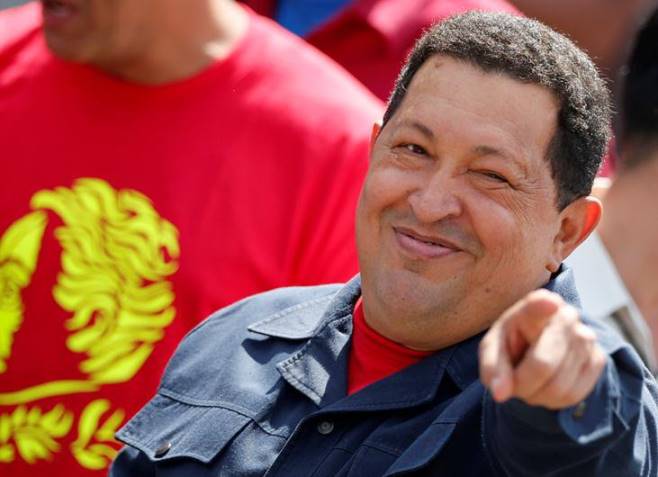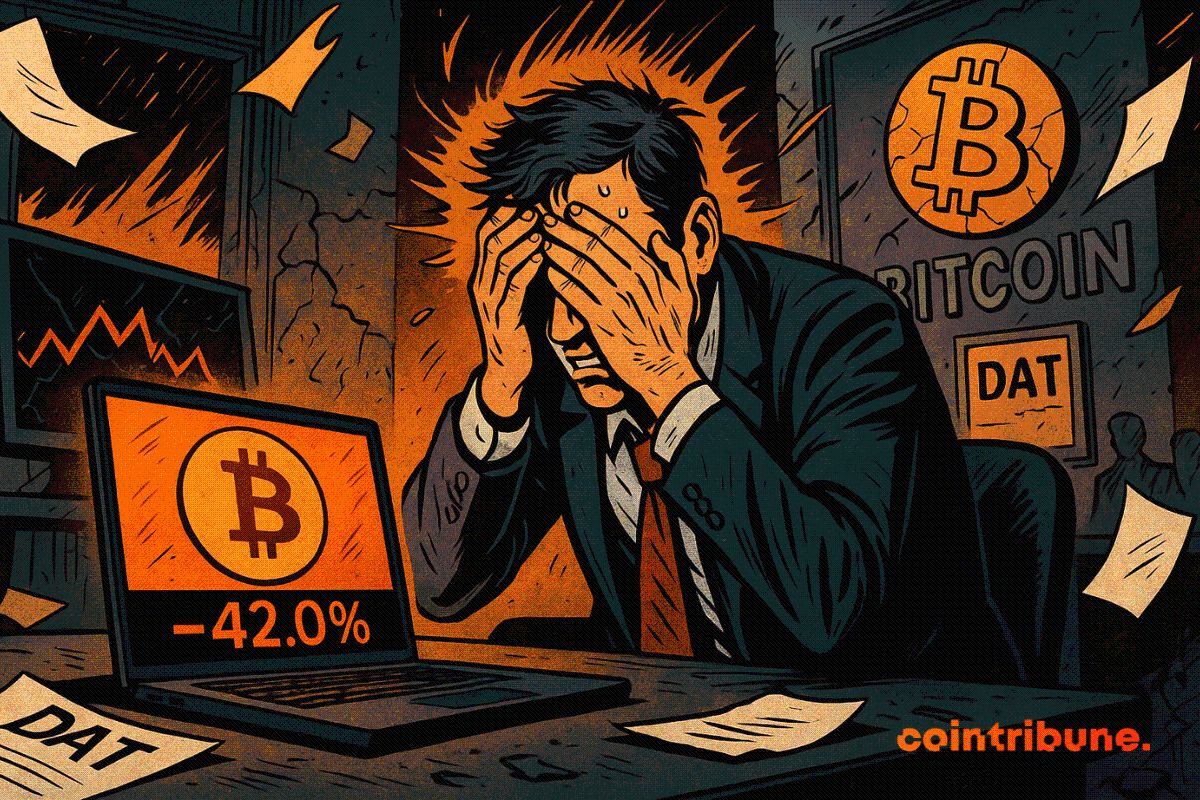U.S.-India Trade Tensions Fuel Crypto’s Role as a Hedge

- Trump’s tariffs may erode India’s $64B export edge to the U.S., risking growth.
- Russian oil penalties add pressure, deepening India-U.S. economic tensions fast.
- Rising global trade risks spark new interest in crypto as a neutral value store.
India may lose its competitive edge on $64 billion worth of exports to the United States due to President Donald Trump’s aggressive 25% tariff stance, along with an assumed 10% penalty for buying Russian oil. This combined cost could make Indian exports 35% more expensive, significantly reducing their price competitiveness in U.S. markets.
The affected exports represent nearly 80% of India’s total goods shipped to the U.S., which were valued at $81 billion in 2024. Key products include garments, pharmaceuticals, petrochemicals, and gems and jewellery. The total volume of U.S.-bound exports accounts for approximately 2% of India’s GDP, making the tariff impact notable despite India’s larger $4 trillion economy. Officials expect the potential GDP impact to be around 40 basis points.
Diplomatic Pressures Rise Over Russian Oil and Trade Policy
The proposed 10% penalty for importing Russian oil adds further stress to India-U.S. trade ties. President Trump has intensified pressure on India and China to reduce purchases of Russian crude oil. A final decision on the penalty is expected following the outcome of U.S. efforts to broker a ceasefire in Ukraine. Trump has tied trade penalties to geopolitical compliance, especially targeting countries maintaining trade ties with Russia.
India’s National Security Adviser, Ajit Doval, is currently in Russia and is expected to raise the issue of oil purchases with Moscow. Foreign Minister Subrahmanyam Jaishankar is also scheduled to visit, amid ongoing efforts to navigate diplomatic friction with Washington. Despite these tensions, the Reserve Bank of India has kept its growth forecast at 6.5% for the current fiscal year, suggesting confidence in broader macroeconomic stability.
Geopolitical Fragmentation Fuels Interest in Crypto as a Hedge
With further economic tension between the world powers, the applicability of decentralized businesses such as cryptocurrency can increase among the emerging economies. The weaponization of tariffs and sanctions creates a dangerous atmosphere regarding cross-border trade settlement. In that situation, crypto assets can hedge against trade risk with protection against the traditional control of the existing money system.
The Republics, such as India, which are highly exposed to geopolitical strains, will find an interest in examining trade settlements supported by blockchain. Decentralized finance (DeFi) ecosystems are increasingly seen as an alternative to the mainstream regulated global payment rails, which can be modified by political intervention. Although the Markets in India exhibit a regulatory state of caution with crypto, with economic uncertainty on the rise, there may be a shift in its strategic interests.
The current tariff threats underscore the vulnerability of countries reliant on the U.S. trade system. With increasing uncertainty around export competitiveness and energy purchases, decentralized assets might offer some insulation. Although not yet mainstream policy, discussions around digital currency resilience are rising within economic and policy circles.
Related: India Rejects BRICS Coin, Backs USD as Bitcoin Gains Ground
Market Implications and Crypto’s Emerging Role in Global Finance
Crypto markets tend to react to geopolitical crises because, in times of fiat volatility, traders prefer to use neutral and international assets as a store of value. In the past, Bitcoin and Ethereum have managed to rally whenever there have been increased cases of sanctions, money restrictions, and trade conflicts between the world’s economies. Interest in these institutions also grows when volatility, as a result of geopolitics, leads to a rise in traditional finance.
As trade tensions between the U.S. and India are growing and a possible ban on Russian oil is not far off in the future, the appeal of crypto as an apolitical asset class is becoming more relevant. If global economic powers fail to respond with effective policy measures, the shift toward decentralized finance could accelerate.
The post U.S.-India Trade Tensions Fuel Crypto’s Role as a Hedge appeared first on Cryptotale.
Disclaimer: The content of this article solely reflects the author's opinion and does not represent the platform in any capacity. This article is not intended to serve as a reference for making investment decisions.
You may also like
Don't be fooled by the rebound! Bitcoin could retest the lows at any time | Special Analysis
Analyst Conaldo reviewed bitcoin’s market performance last week using a quantitative trading model, successfully executing two short-term trades with a total return of 6.93%. The forecast for this week is that bitcoin will continue to fluctuate within a range, and corresponding trading strategies have been formulated. Summary generated by Mars AI. The accuracy and completeness of this summary, generated by the Mars AI model, are still being updated and iterated.

Espresso co-founder’s decade in crypto: I wanted to disrupt Wall Street’s flaws, but witnessed a transformation into a casino instead
Everything you've been hoping for may have already arrived; it just looks different from what you expected.

Solana Foundation Steps In as Kamino and Jupiter Lend Dispute Intensifies

Bitcoin Firms Confront the Boomerang Effect of Excessive Leverage

